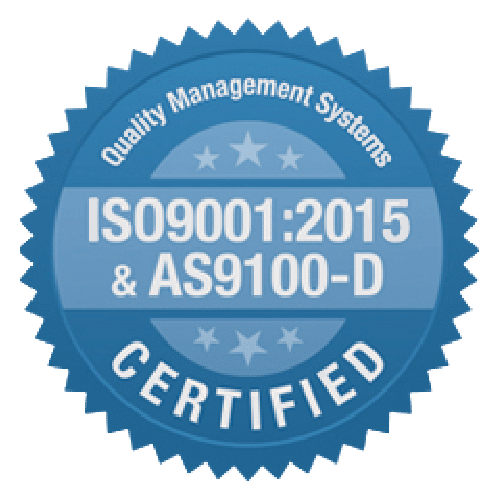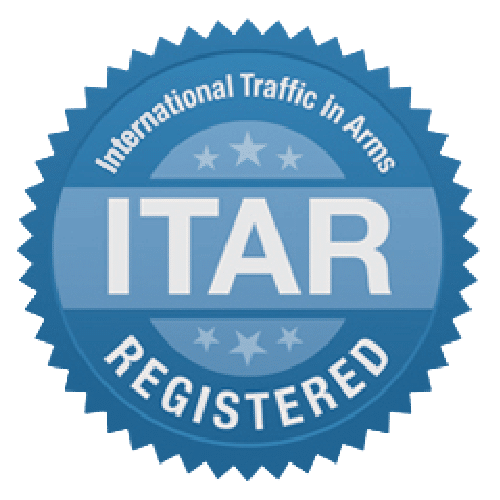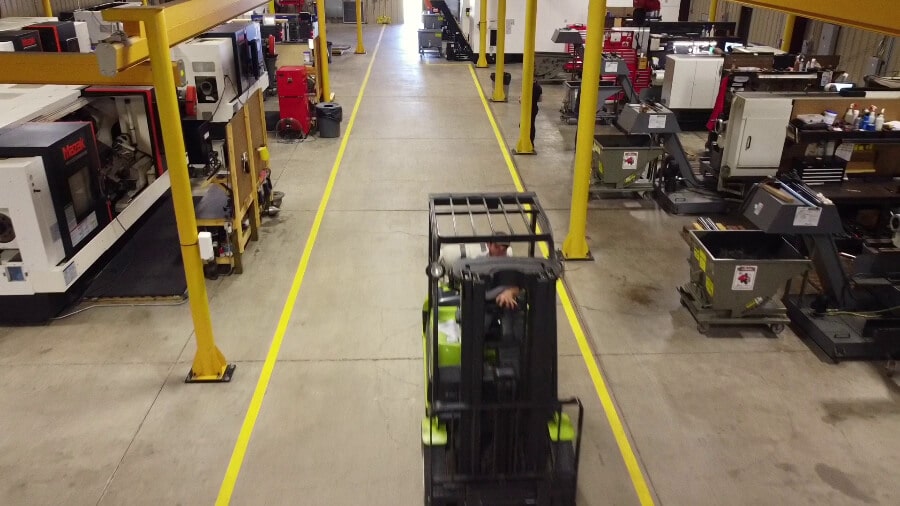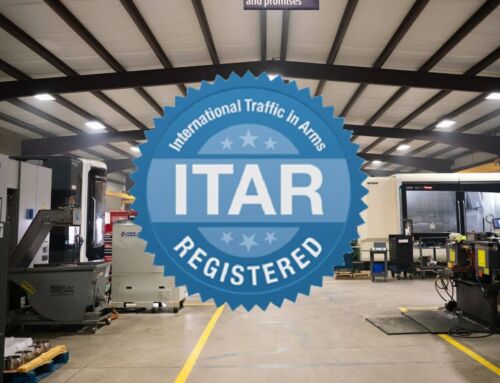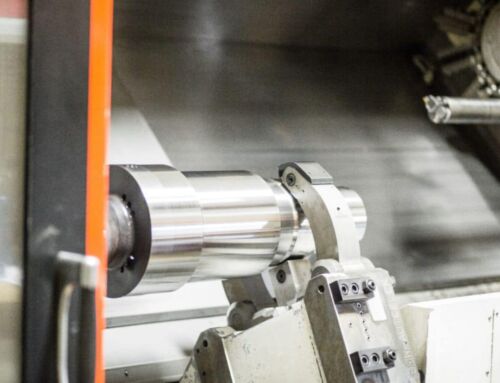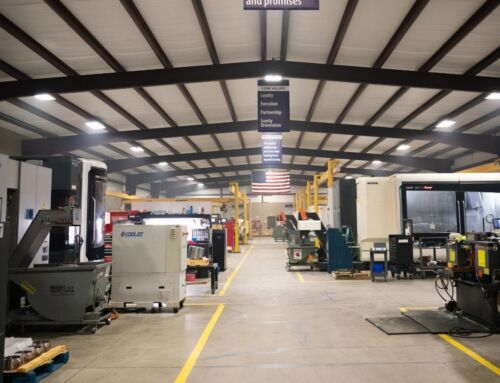Aerospace manufacturing is a specific type of manufacturing that focuses on producing parts and equipment for aircraft, spacecraft, and missiles. It is a rapidly expanding field of manufacturing, and one that requires extremely high standards of quality.
Companies that wish to enter the industry must first achieve several certifications and registrations to prove they are capable of meeting the stringent standards of quality and management held by the industry, at every stage of the manufacturing process. There is no room for error in the realms of flight and space travel, so the engineering and manufacturing must be outstanding.
Materials
Part of designing and manufacturing high-quality aerospace equipment is using the proper materials for the job. There are several categories of materials most frequently used in this field:
However, in such a rapidly expanding field, new materials are always being developed. This means any companies that wish to stay successful in the field must have a constant focus on education regarding and adaptation of these new materials and possibilities. In addition, these shops must carefully consider the composition of any material they will machine, as the different properties of various materials make them ideal for different applications (and less so for others).
Processes
Any shop that will perform aerospace machining work must also employ the proper techniques in addition to using the proper materials.
The strict requirements of aerospace machining make it necessary to adhere to these techniques. Examples include trochoidal and high-speed machining techniques, which make it possible to achieve higher feed rates and low radial engagement. Suppliers must focus on eliminating stress points, vibration and chatter in the machining processes. Continuous runs are also a crucial part of the design of components so you avoid compromising performance and security.
Advancements in computer-aided manufacturing technology have made the industry a bit more approachable for some manufacturers. This software supports some of these necessary techniques for aerospace manufacturing, and when combined with the properly optimized tooling, feeds and speeds, it can deliver outstanding results.
Certifications
Facilities interested in performing aerospace manufacturing work must achieve the proper certifications and industry standards. These include:
For more information about the types of aerospace manufacturing performed at Coastal Machine & Supply, contact our team today!



